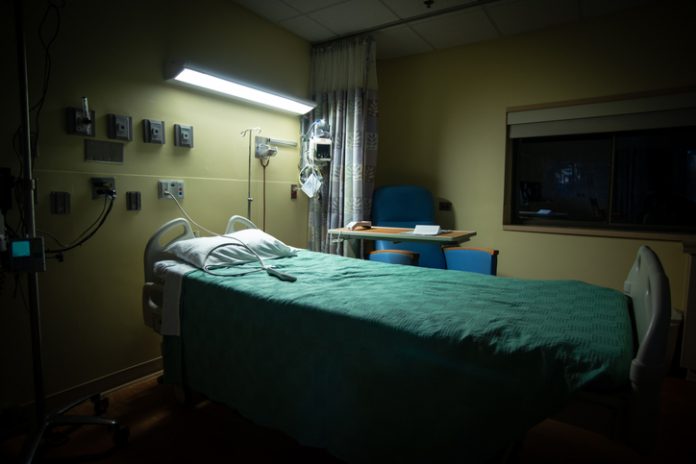The U.S. Department of Justice (DOJ) declined to investigate the governors of Michigan, New York, and Pennsylvania for sending infectious COVID-19 patients to recover in nursing homes alongside uninfected residents.
Nursing home deaths hit record highs in many states after the U.S. Centers for Disease Control and Prevention (CDC) identified the elderly, especially those in nursing homes, as being particularly vulnerable to death from COVID-19.
Then-Gov. Andrew Cuomo of New York issued a directive prohibiting nursing homes from turning away recovering patients on the sole basis of a COVID-19 diagnosis and was later caught underreporting nursing home deaths by at least 56 percent.
Michigan Gov. Gretchen Whitmer offered nursing homes $5,000 for each COVID-19 patient they accepted and offered her Department of Health and Human Services director hush money to refrain from discussing the matter publicly when he resigned.
Pennsylvania Gov. Tom Wolf is under fire for ordering nursing homes to accept COVID-19 patients. Rachel Levine, assistant secretary of the U.S. Department of Health and Human Services, was Pennsylvania’s health secretary at the time and was criticized for moving her mother out of a nursing home while the policy was in place.
‘Criminal Corruption’
Rep. Elise Stefanik (R-NY) was blunt in her reaction to the DOJ’s decision not to investigate the policies.
“This decision from President [Joe] Biden’s Department of Justice makes President Biden complicit in the criminal corruption scandal and cover-up of deaths of thousands of vulnerable seniors,” Stefanik said in a statement.
Private Lawsuits an Option
The DOJ’s decision not to investigate possible criminal violations leaves open the potential for civil lawsuits.
“The DOJ decision just means the Department of Justice will not pursue this,” said attorney David Applegate. “In the absence of state legislation granting immunity to the nursing homes, it should have no effect on the ability of private plaintiffs to bring suit against the nursing homes or others.”
If states do not grant them immunity, nursing homes could defend themselves by arguing they had no choice but to accept the sick patients. Absent immunity protection, plaintiffs “should still be able to win,” Applegate said.
‘Packed in Like Cattle’
One factor considered in potential nursing home lawsuits will be the conditions of nursing homes during the peak of the pandemic, says Marilyn Singleton, M.D., J.D., who teaches classes on the detection of elder abuse and constitutional law for non-lawyers.
“Nursing home patients were packed in like cattle in facilities that were admittedly understaffed and poorly equipped,” Singleton said.
“The Civil Rights of Institutionalized Persons Act (CRIPA) says a person can seek damages if they are ‘subjected to egregious or flagrant conditions which deprive him or her of Federal constitutional or statutory rights causing such person grievous harm,’” Singleton said. “I would say the conditions were flagrant, given the COVID fears that were stoked.”
The DOJ opened a CRIPA probe addressing government overreach into the rights of people in state-run institutions in New Jersey in October 2020. The DOJ has decided not to open such cases in New York, Michigan, and Pennsylvania.
‘A Purely Political Decision’
“The DOJ decision looks to this unbiased observer like a purely political decision by the current administration to protect prominent members of its own party, with all the resulting cynicism about the integrity of the current administration that may possibly ensue,” Applegate said.
“As a strictly legal matter, it should have no effect one way or the other on plaintiffs’ ability to sue,” Applegate said. “They’ll just have to do their own independent investigation of the facts because they’ll get no assistance from the federal government or the governors’ offices.”
Peter Lucido, a county prosecutor in Michigan, launched an inquiry into his state’s nursing home deaths. In spring 2021, Lucido asked people to send him reports of loved ones in nursing homes who died from the virus. Lucido also attempted to investigate the matter when he served as a state legislator in 2020, but his bill was vetoed by Whitmer.
Ashley Bateman (bateman.ae@googlemail.com) writes from Virginia.
This article was updated on August 12, 2021.





















